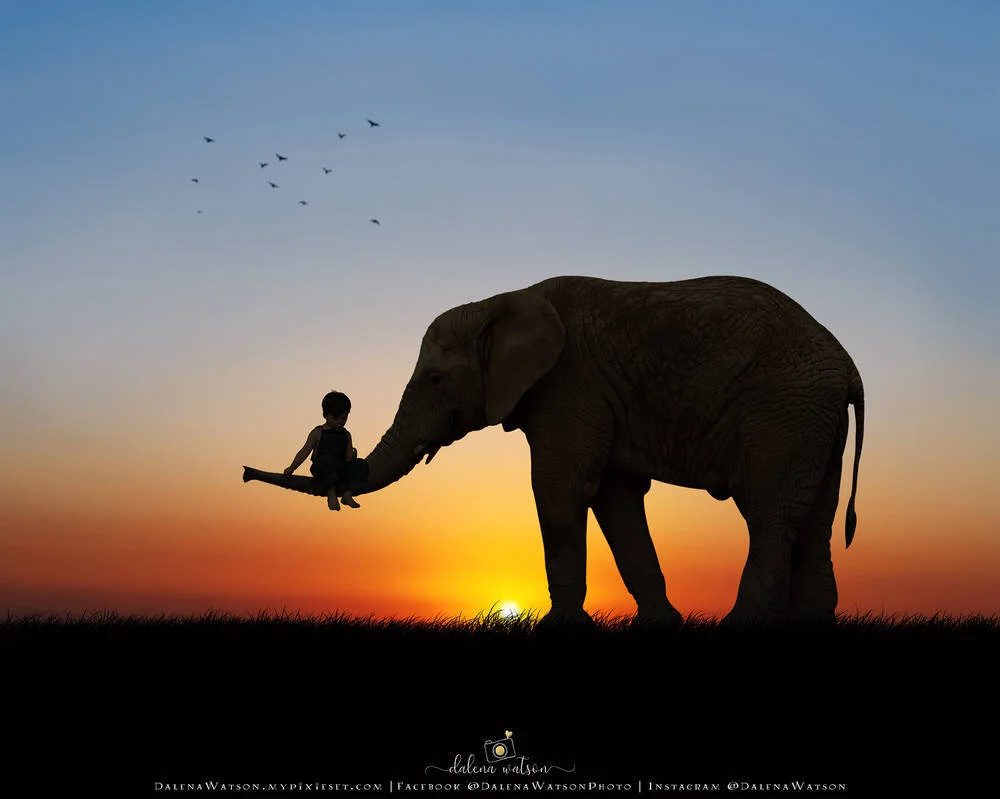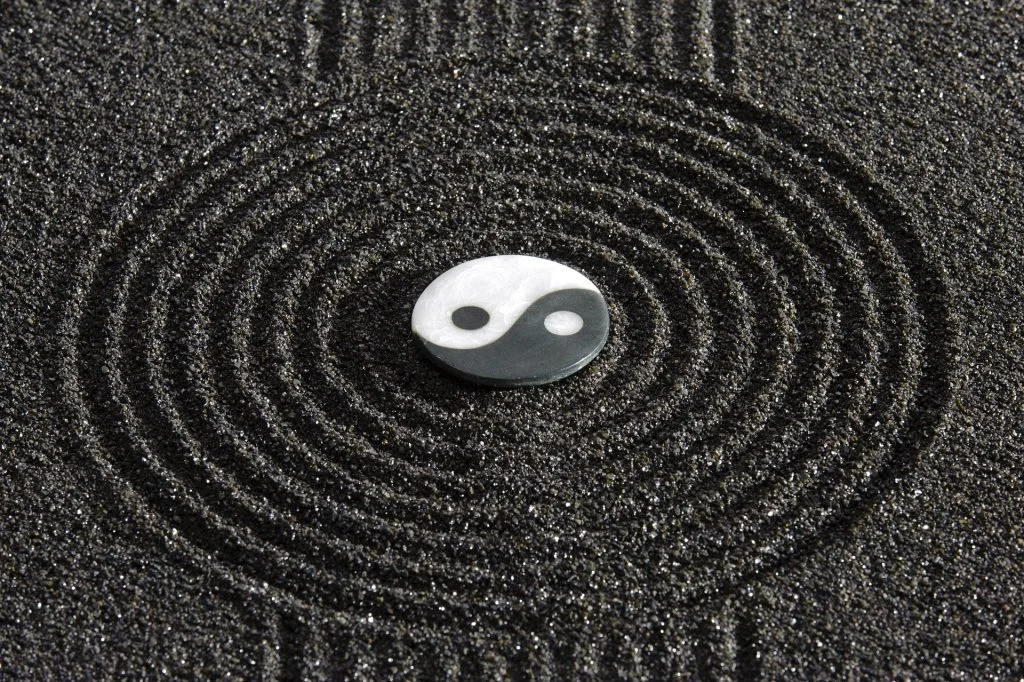Mastery
“It took me a lifetime.” ― Pablo Picasso
A Rooster - Work-in-Progress - 2023
In the 90s, while I was an art student at the Uni, I focused on big ideas and concepts. I bought into the idea that I was an avant-guard. I joined a group of art students, and we called ourselves the "renegades." I focused on gaining attention from the public and other students by doing outrageous and shocking installations and performances. The primal reason was the desire to gain fame and notoriety rather than mastering any art-making skills. And basically, I was a lazy student because learning skills take time, commitment, effort, and attention. I had little of most of these characters. And I thought whatever I created would be transformative if I had good ideas. I thought that I would transform or save humanity through my creative intentions.
Ha! What a joke that was :). Of course, it was the mind of a young 20s-year-old person filled with ego and lack of self-worth.
Now, in my 50s, after many years of traveling and entirely divorced from creating artwork for almost two decades. I often found myself being so inspired by many street arts on abandoned structures, falling walls, and street alleys. For example, my recent trip to Mexico reminded me of pure joy in creation. I found myself appreciating the endeavors in presenting an idea, a concept, or a story in most street arts; simultaneously, I admired the mastery and the skills that came from unknown creators, especially street artists, who didn't beg for any audience or notoriety. I find them much more refreshing than my days putting on a show or exhibition at local galleries. I remember how pretentious I was. I didn't make art for myself. I made art to get notoriety during these years of development.
Now, I tried to see creating, doing or learning any form of activities as just a way to feed my curiosity and learn how to master a skill set that I never took the time to develop. I find myself learning how to draw or sketch again, hoping to acquire some mastery over a bit of skill in creativity, such as shading or color theory. I like the "grand" concept of creating, not for any grandiose intentions. And indeed, it will be far from any purpose of saving humanity. Creation is the nature of being and becoming. It is a passing activity with some attention and intention.
It's just a meditative practice.
A Brief Reflection on Mastering The Basic
by Quan NGUYEN 3/05/2023



